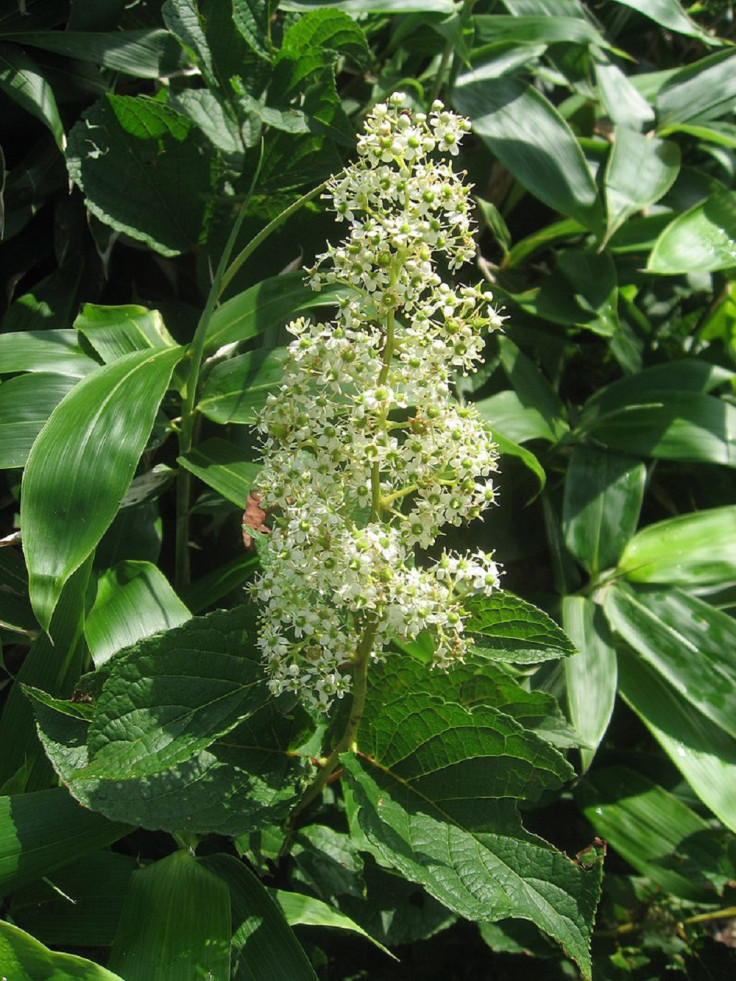Thunder God Vine: Chinese Herb Extract Found to Kill Pancreatic Cancer Cells

A Chinese herbal extract known as thunder god vine has been found to kill off pancreatic cancer cells.
Research published by the American Physiological Society found that the herb Tirpterygium wilforii suppresses a protein that protects the pancreatic cells from dying.
Pancreatic cancer is the 10<sup>th most common form of cancer in the UK and due to its aggressive cell replication and tumour growth, the survival rate is poor, with only 3.7% of patients surviving for more than five years. There are also few treatments that directly target this form of cancer at present.
Researchers from the University of Minnesota found that triptolide, an extract of the Chinese herb thunder god vine, can suppress the protein GRP78 and eventually led to the death of the pancreatic cancer cells.
Previously, triptolide has been shown to have a negative effect on pancreatic cancer cells by blocking their growth and spread.
Study leader Ashok Saluja observed the effects of triptolide on the cancer cells and tissue and found a process involving proteins led to the cell death as a result of the extract.
To use proteins, a process called endoplasmic reticulum (ER), which involves protein folding, must take place. If proteins are not folded quickly enough, the unfolded ones start to build up and cells become stressed.
This stress over a long period activates a process called the unfolded protein response (UPR). At first this helps to kickstart the cell's folding ability, but if the problem does not resolve, it triggers cell death.
The protein GRP78 helps cells survive until the UPR process begins. However, this protein in high qualities becomes available to pancreatic cancer cells to protect them from death, meaning they can live and multiply.
"Our study shows that although increased expression of GRP78 confers a survival advantage to the tumour cells, prolonged exposure to triptolide induces chronic ER stress, which eventually leads to cell death," the authors said.
"In this context, inhibition of GRP78 by activation of the ER stress pathway by triptolide offers a novel mechanism for inhibiting the growth and survival of pancreatic cancer cells."
© Copyright IBTimes 2025. All rights reserved.






















